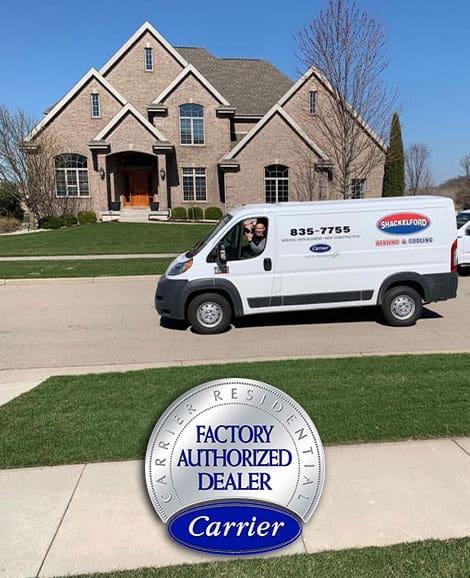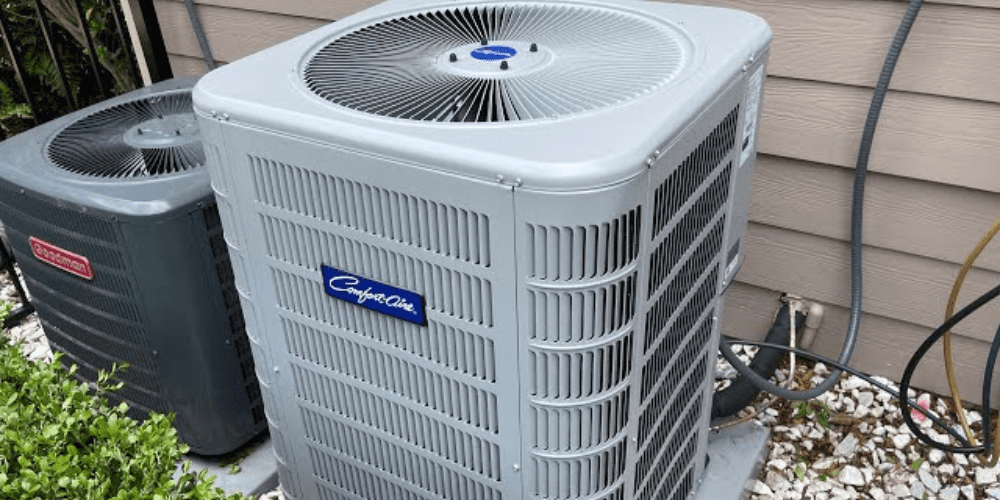Air conditioning is crucial for maintaining comfort in both residential and commercial spaces, especially during sweltering summer months. Determining the right time to replace an air conditioner (AC) can be challenging. Shackelford, a leading expert in HVAC systems, offers valuable insights into this decision-making process..
Understanding the Lifespan of an Air Conditioner
The average lifespan of a well-maintained air conditioner is typically between ten to fifteen years. Shackelford notes that several factors can influence this range, including the quality of the unit, frequency of use, and regularity of maintenance. While some units might exceed this expectancy with proper care, others might falter earlier due to neglect or harsh operating conditions.
Signs That Indicate the Need for a New Air Conditioner
Age of the Unit:
One of the primary indicators that it might be time for a new air conditioner is the age of your current unit. Shackelford recommends considering a replacement if your unit is over a decade old, particularly if it hasn’t been regularly serviced.
Frequent Repairs:
If your AC requires frequent repairs, it may be more cost-effective to invest in a new unit. Shackelford emphasizes that repeated breakdowns often signal that the system is reaching the end of its functional lifespan.
Rising Energy Bills:
An increase in your energy bills can be a sign that your air conditioner is losing efficiency. Shackelford advises monitoring your utility costs; a significant and unexplained rise could indicate that your AC is working harder than it should, consuming more energy.
Inconsistent Temperatures:
If you notice uneven cooling or hot spots in your home, it may be a sign that your air conditioner is no longer performing optimally. Shackelford points out that this issue often arises from aging components or a failing system.
Strange Noises:
Unusual sounds such as grinding, squealing, or banging can indicate serious issues within your air conditioner. According to Shackelford, these noises often stem from worn-out parts or internal malfunctions that might necessitate a complete replacement.
Excessive Moisture and Leaks:
Moisture around your AC unit or significant leaks can be a sign of a major problem, such as a refrigerant leak. Shackelford warns that these issues can not only compromise your system’s performance but also pose health risks.
Poor Air Quality:
If you notice an increase in dust, mold, or unpleasant odors in your home, your air conditioner might be the culprit. Shackelford explains that older units can struggle with adequate air filtration, leading to deteriorated indoor air quality.
The Benefits of Upgrading to a New Air Conditioner
Shackelford highlights several advantages of investing in a new air conditioning system:
Enhanced Efficiency:
Modern air conditioners are significantly more energy-efficient than older models, thanks to advancements in technology. This efficiency can lead to substantial savings on your energy bills.
Improved Comfort:
New units are designed to provide more consistent cooling, reducing hot spots and maintaining a more comfortable indoor environment.
Quieter Operation:
Advances in design and materials have made newer air conditioners much quieter than their predecessors, contributing to a more peaceful living space.
Environmental Benefits:
Newer air conditioners use more environmentally friendly refrigerants, which are less harmful to the ozone layer. Additionally, improved efficiency means a reduced carbon footprint.
Enhanced Features:
Modern air conditioners come equipped with a variety of features that enhance convenience and comfort, such as programmable thermostats, smart home integration, and advanced air purification systems.
Factors to Consider When Choosing a New Air Conditioner
When the decision is made to replace an air conditioner, Shackelford advises considering several factors to ensure you select the best unit for your needs:
Sizing:
It’s crucial to choose an air conditioner that is appropriately sized for your space. An undersized unit will struggle to cool your home effectively, while an oversized unit can lead to inefficiency and higher costs. Shackelford recommends consulting with a professional to determine the right size for your space.
Energy Efficiency:
Look for units with a high Seasonal Energy Efficiency Ratio (SEER) rating. The higher the SEER rating, the more efficient the unit. Shackelford notes that while units with higher SEER ratings may have a higher upfront cost, the long-term savings on energy bills can make them a worthwhile investment.
Refrigerant Type:
Ensure that the air conditioner uses the latest, environmentally friendly refrigerants. Shackelford suggests avoiding units that still rely on older refrigerants like R-22, which are being phased out due to their harmful environmental impact.
Warranty and Service Plans:
Consider the warranty and any available service plans when choosing a new unit. Shackelford emphasizes the importance of a good warranty to protect your investment and reduce long-term maintenance costs.
Professional Installation:
Proper installation is critical to the performance and longevity of your new air conditioner. Shackelford advises using a reputable and experienced HVAC contractor to ensure that your unit is installed correctly.
Conclusion
Replacing an air conditioner is a significant investment, but it can lead to improved comfort, reduced energy bills, and a healthier indoor environment. By paying attention to the signs of an aging or failing unit and considering the factors outlined by Shackelford, you can make an informed decision about when to upgrade your air conditioning system. Investing in a new, energy-efficient air conditioner not only enhances your comfort but also contributes to environmental sustainability





